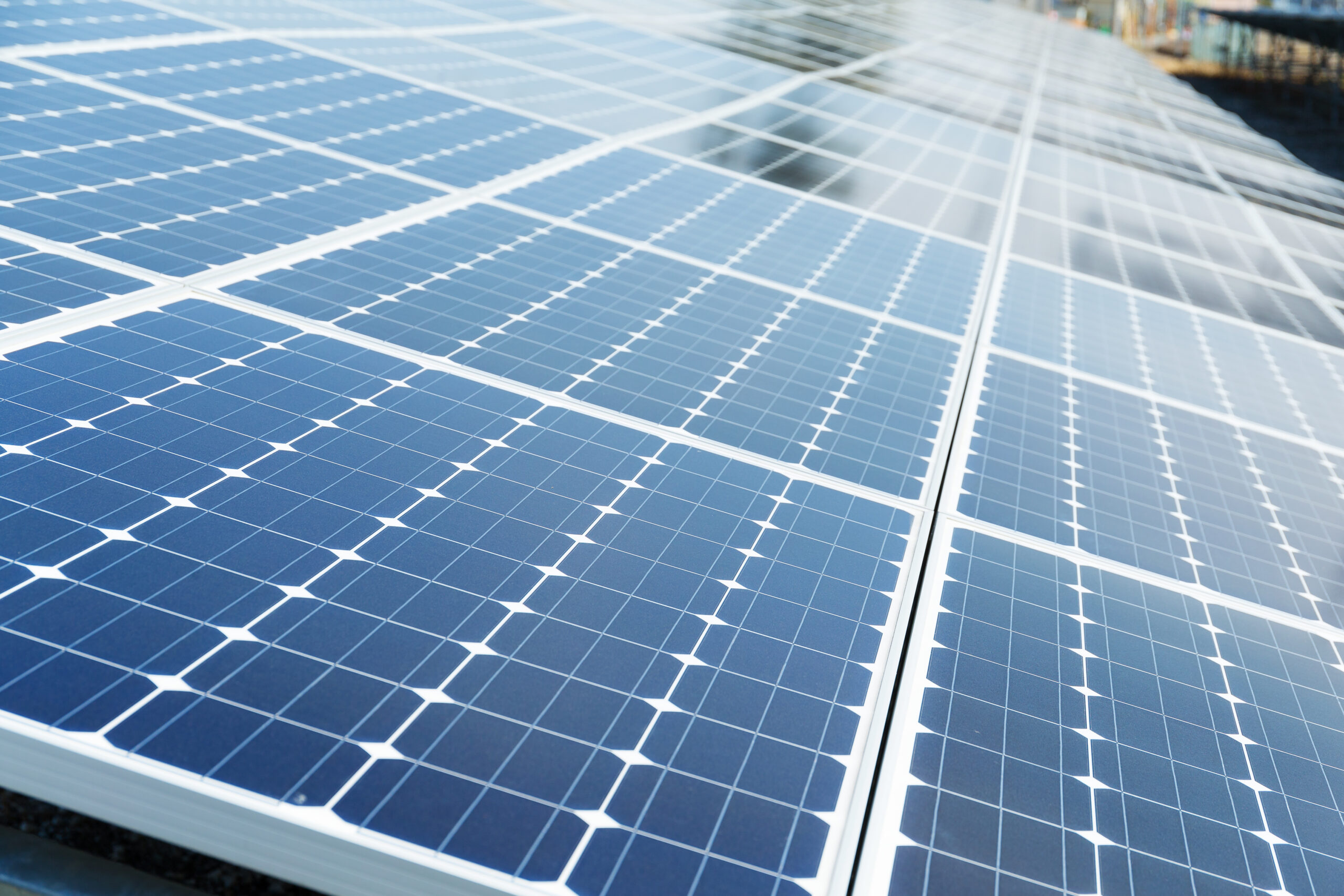With many trying to create a cleaner, greener energy consumption footprint, homeowners often turn to solar panels as the first step. Solar panels have increased in popularity as the construction of smart neighborhoods that utilize renewable energy have become a possibility. But while they provide converted energy for use throughout your home, there are a few factors to research and consider before making the final purchase.
Here at Holland Homes we want to ensure that every homeowner is knowledgeable of the many home addition choices and innovative solutions available. Solar panels can be a complicated subject, so here are our key considerations:
Type and Cost
There are currently three types of solar panels on the market, all with varying costs, appearances, advantages and disadvantages:
- Monocrystalline solar panels, while the most expensive option, provide the highest level of efficiency. These panels are also the most aesthetically pleasing in design.
- Polycrystalline solar panels are a budget friendly choice for those exploring the home addition and are visually appealing. But while they may lower the total cost, they do not provide the high level of performance that other options can.
- Thin-film solar panels are mostly used for large scale projects, such as industrial buildings, due to their low efficiency and short life expectancy.
While solar panels can be pricey, financing and state incentives may be available to assist with the cost. If the correct type of panels for your home are purchased and panel placement is done correctly, these additions have the potential to save you money and increase your home resale value
Roof Characteristics
Determining if your house has the correct type of roof for solar panels is necessary before purchasing. While most homes have the correct roof material for solar panels, asphalt shingles, corrugated metal, standing seam, clay tile, and rubber roofs, those built with slate and wood can pose a challenge when it comes to installing the panels. Inspecting the type of roofing you have is just one piece of the puzzle.
Installing solar panels on an older or in-need of replacement or repair roof is not recommended. Since solar panels have a long life span and warranty, around 25 years, ensuring that your roof can last just as long is important to avoid tearing them down prematurely.
Once you know if your roof material and condition are ideal it is time to check your roof direction. Sun exposure is essential for solar panels to absorb the most light. While not necessary, placing your panels in the south facing side of the roof at a 30 degree angle is recommended in order to optimize the amount of sunlight received. Additionally, finding an area to place the panels where trees, signs and buildings will not obstruct the amount of sunlight the panels receive will guarantee the most sun exposure and energy absorption.
Climate
While solar panels are built to survive extreme heat and cold, rain and snow, it is important to know that they are not invisible. Those that reside in areas where lighting, tornados and hail are common occurrences should be cautious when purchasing the roof additions, ensure that they are securely installed and consider investing in insurance that could cover possible panel damage and destruction.
Climates with minimum clouds and warm temperatures around 80 degrees are ideal for solar panels. While they will still provide energy when cloudy and cold, the amount increases with long amounts of direct sun exposure.
It is important to recognize that seasons have a large impact on the amount of energy that solar panels produce. Understanding your climate and determining if solar panels will make a large enough yearly impact on your energy consumption should be factored into the purchasing process.
Every home is not the same, so properly exploring your options and researching if you are a good candidate for solar panels will greatly benefit you. Knowing what to expect from purchase to energy pay off in your specific climate and situation will allow your home to reach its full renewable energy capability.
Don’t think solar panels are the right fit for you? There are many ways to do your part and work toward being environmentally conscious besides a significant purchase like solar panels. As the pioneers in the region and the first to begin developing Northwoods, a smart neighborhood in Auburn, we at Holland Homes strive to assist those interested in going green. The homes in our Northwoods smart neighborhood provide an improved living quality and smarter living choices such as features like thermostats that ensure efficiency and help to reduce your carbon footprint.
Here at Holland Homes we want your home to fit all of your needs. In addition to solar panels, we offer various environmentally friendly home designs that include features such as natural light sources all the way to sustainable building materials. Contact us today to discuss your next home.





